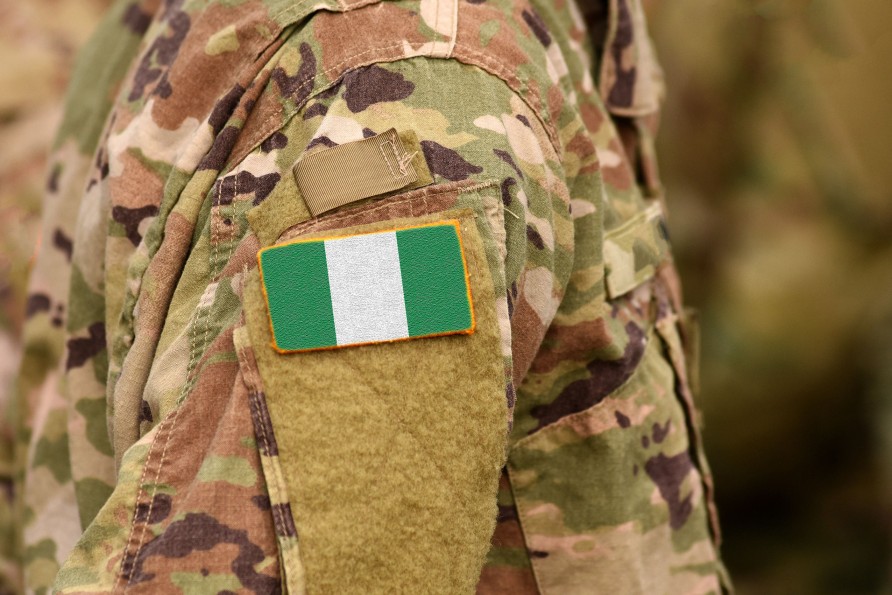Recent national debate has raised an old misunderstanding: must military officers obey every directive given to them? The answer, in every professional armed force, is no. Officers must obey only lawful orders.
Crucially, they are not required to obey operational dictates from retired Military Generals, retired Admirals, or political office holders, no matter how influential those individuals may be. The military system cannot function if those outside the lawful chain of command can issue operational instructions.
Across the world’s professional militaries—including the United States where I served—the oath is to the constitution, not to personalities. It is designed to prevent the armed forces from being captured, pressured, or misused by individuals who no longer hold command authority or who hold political office.
A lawful order must originate from the proper chain of command, must have a legitimate military purpose, and must comply with the constitution and military law. If any of those conditions fail, the officer is obligated to refuse the directive—even if it came from a former service chief, respected retired General, Admiral, or powerful political figure.
Nigeria’s Armed Forces Act and Constitution both reinforce this principle. The military is not an extension of the personal authority of former commanders or political office holders.
To preserve professionalism, national stability, and democratic integrity, the armed forces must remain guided strictly by law, not by pressure from individuals—no matter their rank in retirement or their political influence.
🇺🇸 1. Commissioned Officer Oath of Office (All U.S. Military Branches)
(Title 5, U.S. Code §3331)
“I, (name), do solemnly swear (or affirm) that I will support and defend the Constitution of the United States against all enemies, foreign and domestic;
that I will bear true faith and allegiance to the same;
that I take this obligation freely, without any mental reservation or purpose of evasion;
and that I will well and faithfully discharge the duties of the office on which I am about to enter.
So help me God.”
🇺🇸 2. Enlisted Oath of Enlistment
“I, (name), do solemnly swear (or affirm) that I will support and defend the Constitution of the United States against all enemies, foreign and domestic;
that I will bear true faith and allegiance to the same;
and that I will obey the orders of the President of the United States and the orders of the officers appointed over me,
according to regulations and the Uniform Code of Military Justice.
So help me God.”
Key distinction
Enlisted personnel swear to obey orders of the President and officers.
Commissioned officers do not — their loyalty is to the Constitution.
🇺🇸 3. Warrant Officer Oath
Warrant officers take the same Oath of Office as commissioned officers.
This is because a Warrant Officer is also an officer of the United States.
🇺🇸 4. Explanation of the Oath
A. Primary Loyalty is to the Constitution
Commissioned officers swear loyalty only to the U.S. Constitution.
That means:
Constitutional principles
Rule of law
Civilian oversight within the law
Respect for lawful authority
Not loyalty to:
A president personally
A governor
A general
A political leader
A party
This is the foundation of professional Western military ethics.
🇺🇸 5. Lawful vs. Unlawful Orders (Critical Point)
Many civilians believe:
“An officer must obey all orders.”
This is false.
U.S. military law is clear:
✔ An officer must obey lawful orders.
✖ An officer must disobey unlawful orders.
This principle comes from:
The Constitution
The UCMJ (Uniform Code of Military Justice)
The Nuremberg Principles
Military case law (e.g., U.S. v. Calley, My Lai Massacre)
🇺🇸 6. What Makes an Order Lawful?
A lawful military order must:
1. Come from a competent authority
The person giving the order must:
Be in your chain of command
Be acting within their legal authority
2. Relate to military duty, mission, or discipline
Orders must have:
A military purpose
Relevance to operations, discipline, or mission effectiveness
3. Not contradict the Constitution or U.S. law
This includes:
UCMJ
Law of Armed Conflict
Rules of Engagement
Federal statutes
Human rights obligations
🇺🇸 7. Examples of Unlawful Orders (Officers Must Disobey)
A commissioned officer in the U.S. military must disobey orders such as:
“Shoot unarmed civilians.”
“Torture a detainee.”
“Falsify reports.”
“Ignore a court order.”
“Use troops for political intimidation.”
“Divert military resources for personal or political use.”
“Act outside lawful chain of command.”
“Deploy troops without legal or constitutional authority.”
Obeying such orders would be a criminal act.
🇺🇸 8. Why This Matters to Your Program Discussion (Wike–Military Issue)
Your earlier point is correct:
Commissioned officers are trained NOT to obey orders blindly — only lawful orders.
So when discussing:
Civil-military relations
Public misunderstandings
Politicians summoning or directing military officers
Limits of military obedience
Abuse of office
…this framework is extremely important.
Officers in the U.S. (and by professional standard globally) must:
Analyze the order
Determine legality
Decline unlawful instructions
Report violations
This is the professional officer ethic.
Bishop C. Johnson is a retired U.S. Army Captain & Security Strategist
Gatekeepers News is not liable for opinions expressed in this article, they’re strictly the writer’s.









